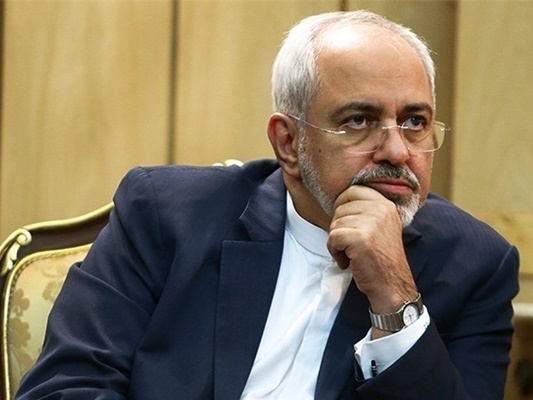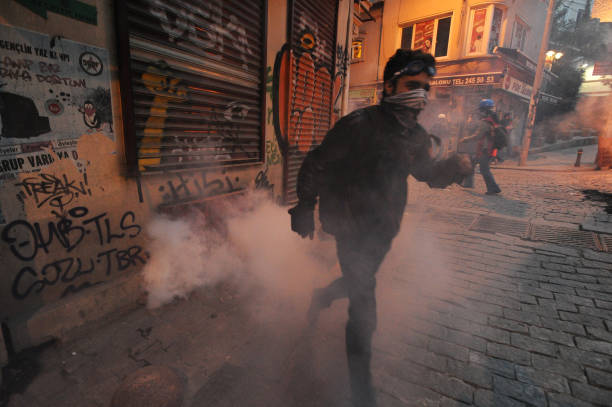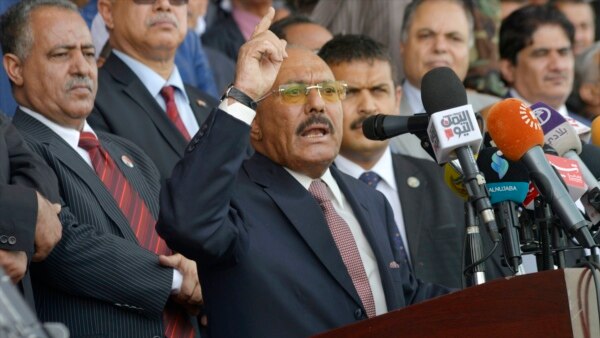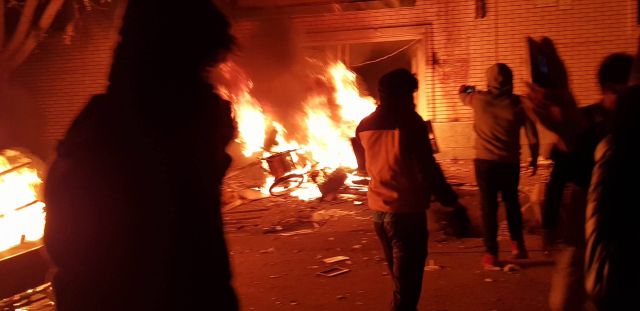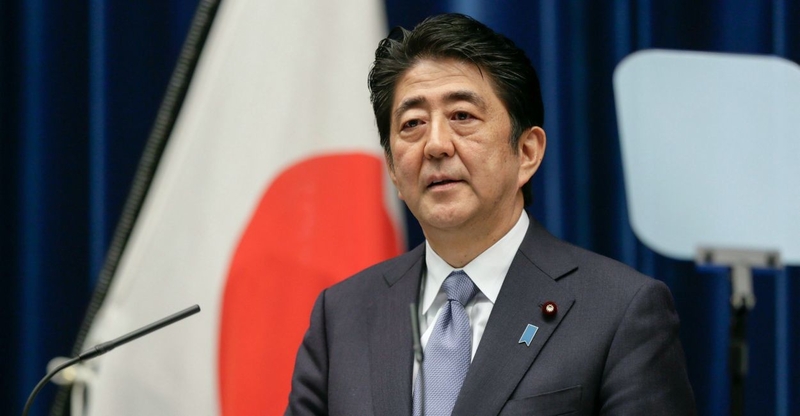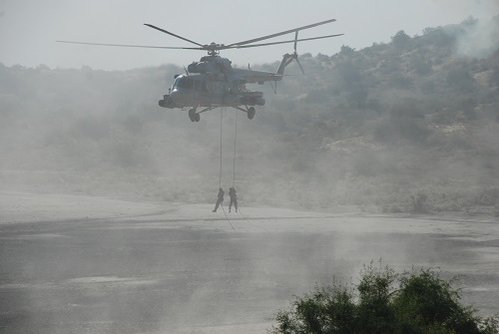
38 confirmed killed as protests spread prompting warning from Supreme Leadership
Seditious elements seize control of protests as government warns of tough response
Murat Bilgin
13 January, 2018, 15.00pm | Zahedan, Union of Nautasian Islamic Republics
Police have increased in their numbers across the country, using water cannon to clear out protests.
The Shariatzadeh protests have grown dramatically overnight, with disturbances being reported in over 80 towns and cities. They have since become dominated by seditious slogans and intents, moving away from calling for the pardon of Majid Shariatzadeh. Consul-General Demitry Solovak has been found unharmed, he was at home during last night’s attack on the Consulate in Zahedan. The State Health Ministry has confirmed that 36 people have been killed since the violent protests began three days ago.
The Supreme Leadership has issued a stern warning to all citizens engaged in “seditious behaviour”, it has further said, that the abuse of the right to protest, to inflict violence and damage to private and state property would not be tolerated. Although several figures, including Prime Minister Qassem Akbari have said that their concerns are legitimate, the means of the expressing them are not.
Incidents already present in Estanban, Erdek and Zahedan have grown in scope, but the numbers of agitators has decreased according to the National Police Command. However, increasing numbers of people have taken to streets in Dol Gasteh, Viranshahr, Qazvin, Kangavar, Bandar Charak, Parvin, Kazadehshahr in Pasdan. While protests spread to Karacık, Seslikaya, Eminlik, Hasangazi, Yelatan, Durak, Yolgeçen, Konaklar and Kelahmet, in Ankoren. No disturbances have been reported in Irvadistan however.
Last night the Ministry of State Security shutdown all social media sites and apps across the Union Republic of Ankoren and Pasdan, with the Irvadi state government saying that it would permit the federal government to do the same, should seditious elements be using Irvadi routers for access.
General Burak Güven, has warned that the Supreme Leadership will not dismiss the possibility of deploying units of the Islamic Revolutionary Army to the streets in the event of further violence. Speaking on Devrim Radio, he said, “we are entirely committed to defending the revolution, the state and the people from vicious, deceitful and seditious elements. We must not let these groups undermine the power of the Union.”
He said further, “all agents of chaos, anarchy and delirium will be dealt with. But if they choose to deepen their violence, we will not hesitate the iron fist of the state.”
At least 12 police officers were injured throughout today, with three reported killed after unknown thugs opened fire on a police station in the provincial town of Çayboyu. Four others were injured in the attack, which is being considered an act of terrorism, those responsible will now face the death penalty.
While most of those on the streets now, have cited corruption, poverty and inequality between citizens as the source of their anger, others have taken to shout anti-government slogans and demanding the fall of the Union. These citizens according to State President Volkan’s televised address this evening, are “foul, undeserving of mercy and will be dealt with swiftly.”
The State President in his address also said that, “the concerns over corruption are valid. I have always said that corruption is a stain and an infectious disease that must be cleansed from the state. A corrupt state cannot function, it cannot serve the people, it cannot guard the nation and it cannot save Nautasia.”
“I have also said that poverty, like corruption, weakens the foundations of the nation. It divides people, it divides society and it divides the national group. These things are being dealt with, perhaps not at speed many would wish, but they are being dealt with. And so, we are listening, but we will not listen to violence or vandalism” he said.
Concerns are growing however, that the protests could return to opposing the trial of Shariatzadeh, who is expected to receive his sentence on Monday. However, unconfirmed reports are indicating that he may not face the death sentence considering his service in Irvadistan’s Civil War.
There have been noted decreases in the number of people protesting in the capital and Zahedan, which is owed to dramatic increase in police presences according to the Interior Ministry.
More as the story develops.
Supreme Leadership denounces Luziycan bill
Union to work with Namor and Xiaodong to oppose the controversial and aggressive bill
File photo: State Councillor Erdin Sacan called the bill "disappointing."
On top of the domestic situation, the Union now faces a concerted effort by Luziycan Islamophobes and racists to embargo the Union. The so-called Katsarou-Vasiliev Bill aims to cripple bi-lateral trade between the Union and Luziyca by introducing a near-prohibition of trade and investment with hostile states above ₤10,000 ($20,000), and severely restricts the ability of Luziycan citizens and citizens of "hostile states" from travelling to each other’s countries to only a list of select conditions.
Namor and the Union’s closest ally, Xiaodong is also included on the list of “hostile states.”
The Foreign Ministry issued a statement saying, “this latest move by Luziyca’s racist and islamophobic movement is unacceptable. If passed, it would constitute a declaration of economic warfare against the Union. If this passes, we will know that we have no friend in Luziyca, no matter the good intention of President Agapov – the Luziycan congress would have shown the nation’s true face.”
Prime Minister Akbari however said, “we will treat our bi-lateral relations as is for now. However, should the bill pass, we will most certainly respond with economic measures of our own. I also know for certain that other elements in the Union will seek to use this as a justification for more confrontation in Mazaristan, which will be something I do not think others in the Supreme Leadership will oppose.
“Furthermore, this not only endangers our own relations, but greatly endangers peace in Borea. These racists have a clear disregard for peace, decency and respect. But we cannot react to something that has not yet come to pass officially. We must wait and be patient” he said during a hearing of the Supreme Assembly’s Committee for Foreign Affairs.
Other senior members of the State Council have expressed anger, State Councillor Erdin Saçan said, “this is truly disappointing. I personally took part in very productive meetings with the Agapov government several months ago, much good will was established. I fear that now faces being extinguished” he told NTV News this morning.
Another State Councillor, Aslan Güner has said in a meeting of MPs, “this is a betrayal, we in the military have always warned that trusting Bethlehem is a mistake. They are perfidious and self-interested, their decline as a superpower is hastening in pace and now its reactionary, racist, imperialist elements are coming to the fore. This is the dying breath of a titan, soon it will be a whisper.”
According to a second statement from the Foreign Ministry, the Supreme Leadership seeks to work very closely with Namor and Xiaodong in opposing the bill. One positive, is that the bill will now bring the Union and Namor closer together.
- National Police Command urges all citizens to report suspicious behaviour over protests [ 27209 ]
- Kushan Heavy Industries "making great progress" toward domestic airliner production [ 4997 ]
- Approved by the State Administration of Press, Publication, Radio, Film and Television
© State Media Association 2016



